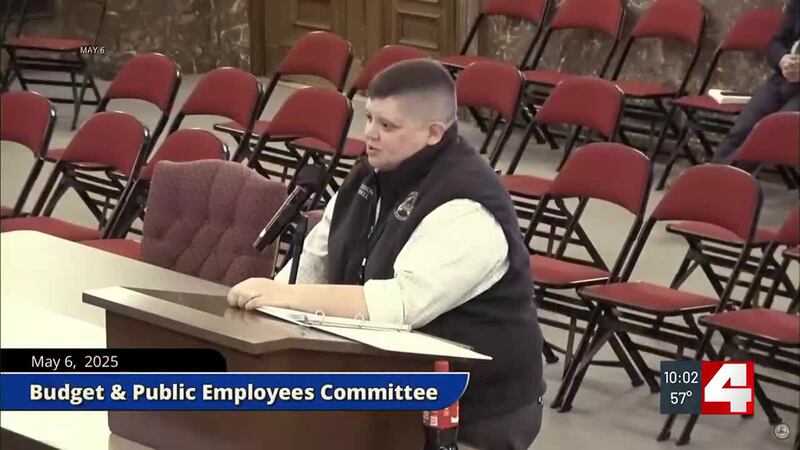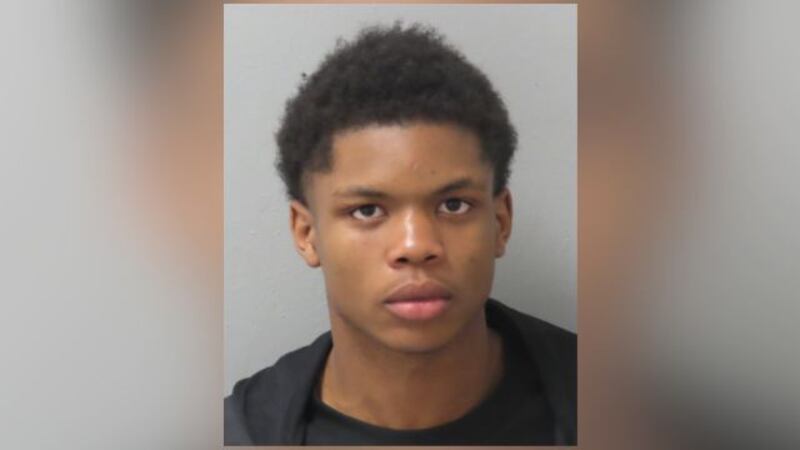InvestigateTV+ Weekend: Innocent people confessing to crimes they didn’t commit
(InvestigateTV) — This Week on InvestigateTV+ Weekend: False confessions—Kristin Crowley hears from the central figure in one of the most infamous wrongful conviction cases. Plus, a family’s fight for justice after a wrong-house raid case heads to the nation’s highest court.
WHERE TO WATCH ICYMI – Watch last week’s episode.
Confession Questions: Innocent people confessing to crimes they didn’t commit - There are examples all over the country, and advocates for these wrongfully convicted people say it happens because of police deception in interrogations. They’re lies that officers can legally tell about evidence, eyewitnesses, DNA, that doesn’t exist. One of the most well-known examples of a false confession comes from Amanda Knox. She itted she was involved in the murder of her roommate in Italy, when in reality she had nothing to do with it. Now exonerated, Amanda is advocating for a new law in her home state of Washington to eliminate deception by police in interrogations. In this story, we take a look at laws, false confessions and interrogation procedures at police departments across the country.
Wrong House Raids: Wrong house raids have happened across the country – with police getting the address or other information wrong and busting down the doors of unsuspecting Americans, sometimes destroying homes and holding people in custody for hours. At the end of April, the U.S. Supreme Court is set to take up one family’s case in which a 7-year-old boy had a gun pointed at his head after the FBI mistakenly raided their home. A ruling in their favor could change how and whether the federal government can be held liable for their agents’ mistakes that sometimes cost people their safety and security. Investigative Reporter Brendan Keefe talks to the family at the center of the federal case, shows examples of the same thing happening nationwide and explains the current legal battle.
Watching Your Wallet – Card Declined Scam: It can catch you off guard—your credit card gets declined. Sometimes, it’s due to insufficient funds or forgetting to notify your bank about travel plans. But if you’re shopping online and see an error or “card declined” message, it could be a red flag for a new type of online shopping scam. In this Watching Your Wallet, Consumer Investigator Caresse Jackman looks at how scammers are using this little trick to get your information.
Copyright 2025 Gray Media Group, Inc. All rights reserved.













